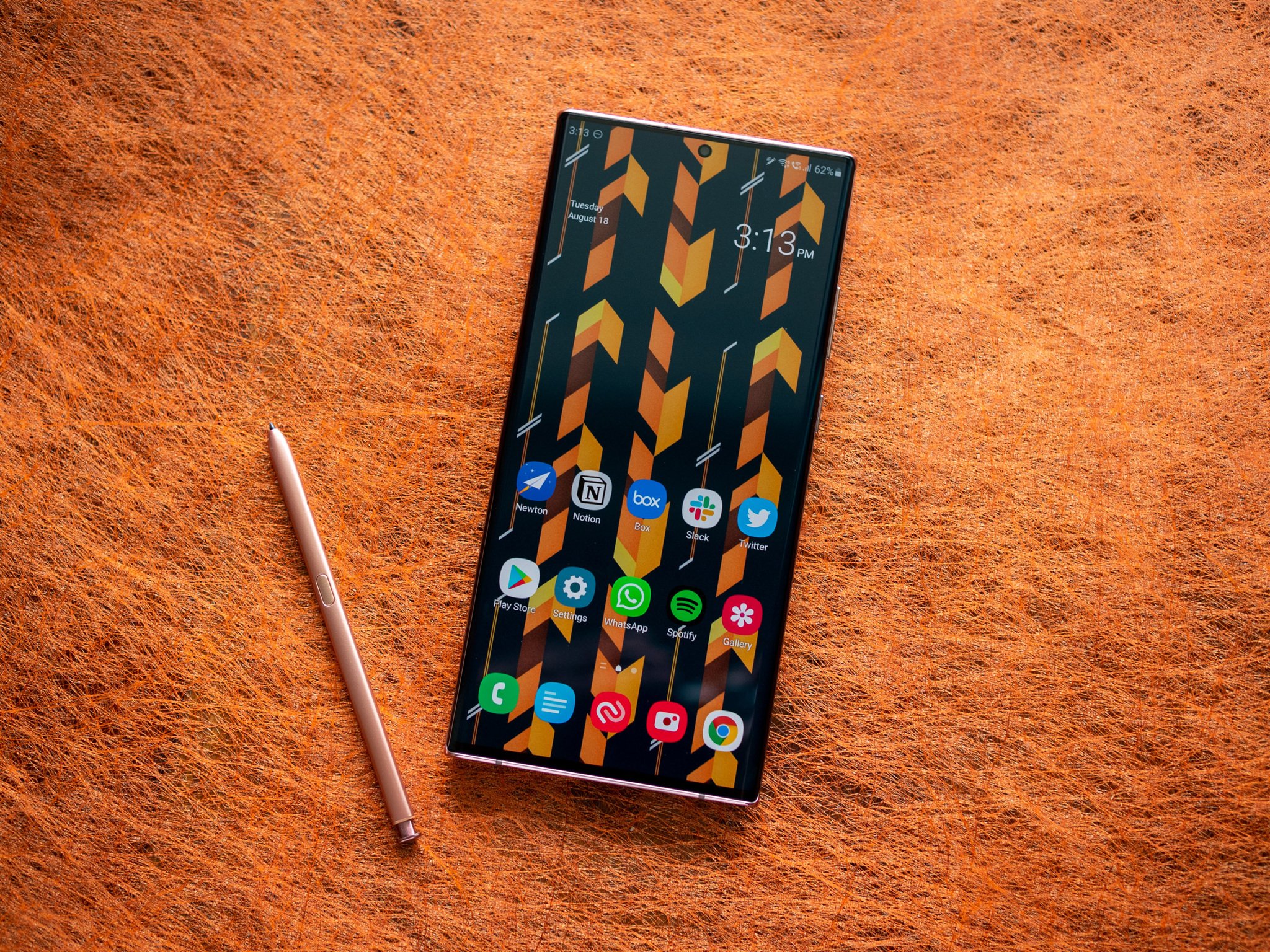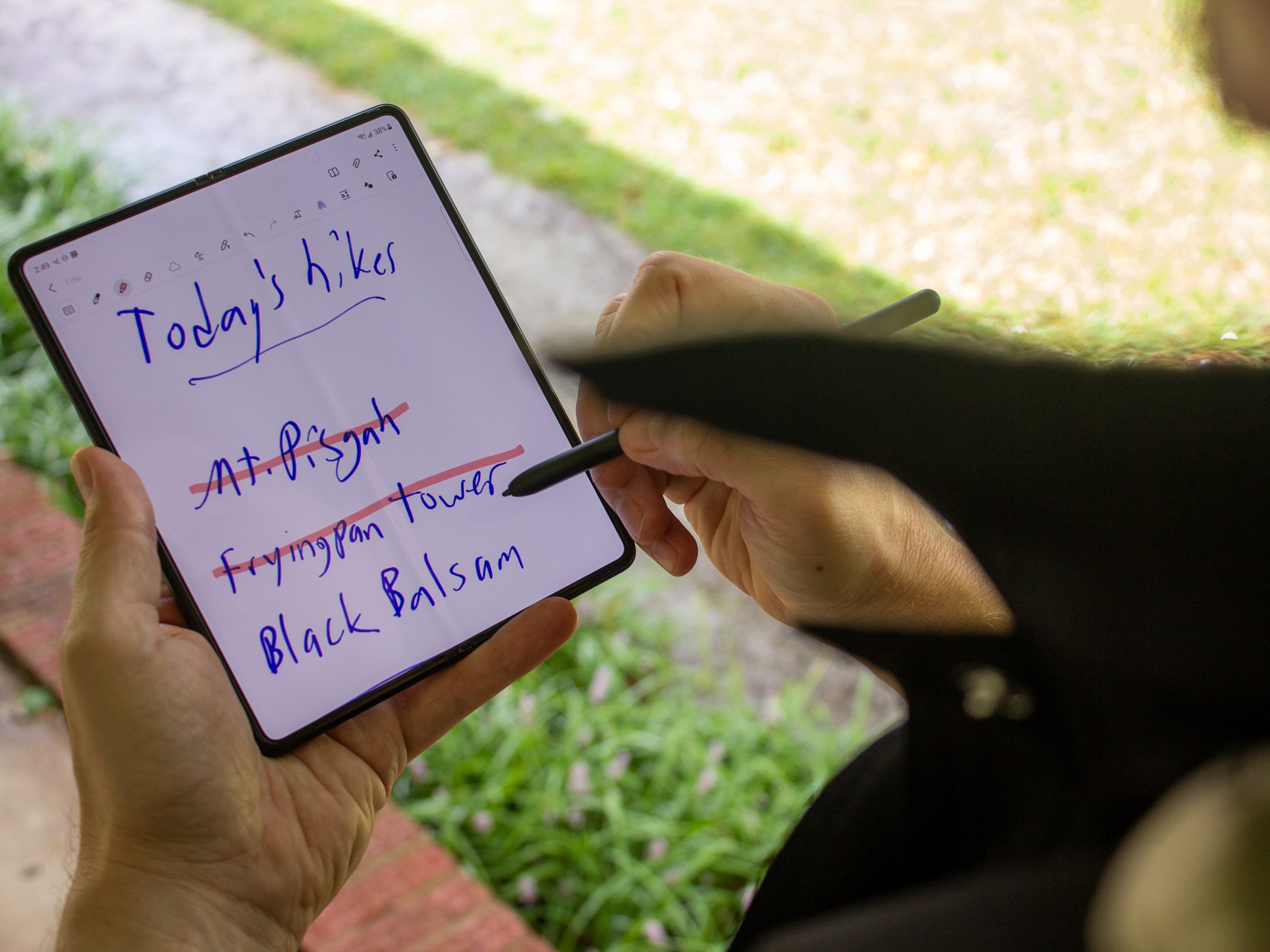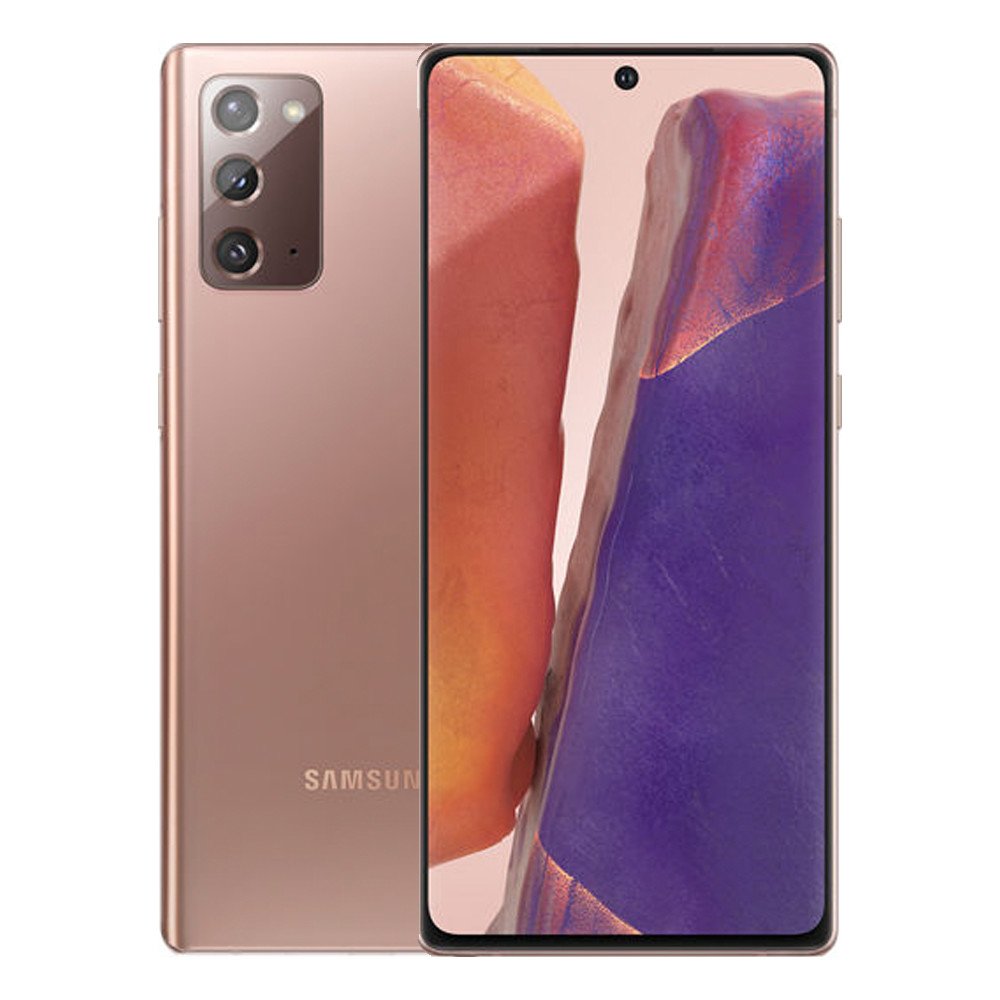The Galaxy Note wasn't just about the S Pen.
The Galaxy Z Fold 3 is here, and for a lot of people, it might turn out to be the best Android phone. But for a substantial portion of the Android crowd, the Galaxy Fold is also a reminder of how disappointed they are with one important detail.
You see, Samsung decided the Galaxy Note line is done. Kaput. Fin. The company hasn't come right out and said it, but the Galaxy S Ultra line and the Galaxy Fold are the essentially spiritual successors to the Note line — and things just aren't quite the same.
Right up front — I'm not a Galaxy Note die-hard. It's my favorite Samsung model throughout the years, but only because I really love using the S Pen. It's just not the phone I would carry around all day, every day, so I didn't. If you're wondering what my ideal phone would be, well, that would have to be the LG V10 running the Pixel version of Android 11. But such an animal only exists in my mind. Oh well.
You might think that including support for the S Pen makes other phones a great substitute for the Note. I understand that reasoning, and I can see why it benefits Samsung to go this route. One less product line to manufacture and support while offering its key feature to the other high-end products it offers is a smart business move. I'm sure a lot of former and current Galaxy Note users probably feel this way, too. But not everyone.
The Note series was more than just the S Pen. It was a way to get the latest and greatest hardware the year had to offer and was usually filled with small upgrades over the "regular" Galaxy S that debuted earlier in the spring. Such things as a newer SoC or more memory or improved Wi-Fi and Bluetooth stacks could be meaningful upgrades that you didn't need to wait another six months to get.
The Note offered small, but meaningful upgrades over the Galaxy S.
Samsung's own improvements are also worth noting. Of course, software tweaks are necessary, even if the version number didn't change all that much. But, unlike the Fold, which requires different ways to do things with many new features, the core of the interface between the Galaxy S and the Galaxy Note was the same. It was just better on the Note. More refined. Fewer bugs. The updates we really wanted.
Finally, there is that pesky price issue. The Galaxy Note offered the best Galaxy experience for a lot less. The Galaxy Note 20 Ultra set you back around $1,100 before any discounts or trade-ins. Yes, that's a lot of money to spend on a phone, but the Galaxy Z Fold 3 will set you back about $1,800. If you really want a folding phone, it's up to you to decide if that price is appropriate. (Narrator: It's not. No phone is worth $1,800.) If you just want the best hardware, Samsung offers it a $900 price bump.
Maybe I'm reading it all wrong, though, and it's really a matter of folks pining over the loss of a device they enjoyed. We all have our favorites, and that includes phones. There doesn't even have to be a reason why they're our favorite other than "it's our favorite." For example, take my obsession with the LG V10. Objectively, that phone sucked. It was heavy and clunky, the battery wasn't great, the software was a horrible dumpster fire in a parking lot filled with raiding orcs, and almost every single one of them boot-looped because of bad hardware. But it was still my favorite.
We never need to justify what we like. It just happens.
Just like I can't change my favorite phone ever into something I can buy today, people might not be able, or even willing, to say the Galaxy S (number here) Ultra or the Galaxy Z Fold 3 is their favorite now. This isn't likely to be the worst thing anyone ever experiences, but it might.
So, what to do, what to do? Well, the good news: Samsung is supporting its products for an extra year or two, and you can still buy a Galaxy Note 20. Get the Mystic Bronze beauty, and you'll be happy for the next three years or so.
Maybe by then, Samsung will have changed its mind once again, or maybe the folding thing will grow on you. Either way, it's easy enough to kick the can down the road and worry about it later. You won't get the improved processor, but you will get the same amount and type of memory and storage and you don't need to buy a separate specialized S Pen built for an unproved display tech.
That sounds like a win to me.
Still my favorite
Samsung Galaxy Note 20 Ultra 5G
The good news is, Samsung will still support its products, like the Galaxy Note 20, for a few years down the road. So snag one in cool shades like Mystic Bronze and see why I prefer using the S Pen. It's just better.
Source: androidcentral



